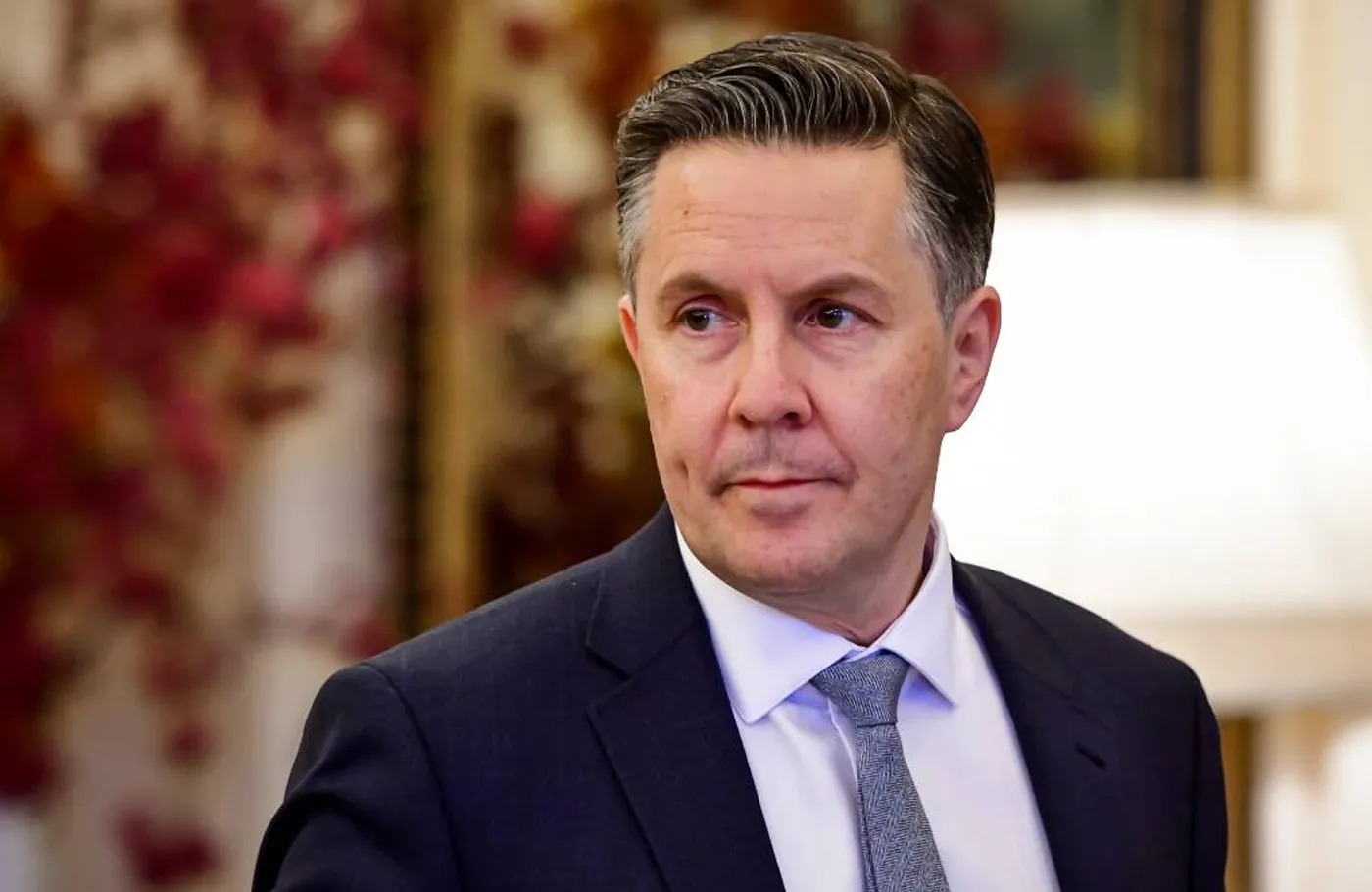Australia’s Regional Health Catastrophe: The Buck Stops with Butler

Regional Australia’s health catastrophe demands urgent intervention and crisis talks, Shadow Assistant Minister for Regional Health Dr Anne Webster says, as the states demand the Prime Minister come back to the table on health funding.
“Regional Australians have double to quadruple the number of potentially avoidable deaths compared with city people. Rural, regional and remote Australians have a higher incidence of cancer and lower survival rates, and a higher prevalence of arthritis, asthma, chronic kidney, obstructive pulmonary, coronary heart, stroke and vascular diseases and diabetes. Many of these conditions are preventable yet the frontline workers on preventative healthcare – GP’s – number just 2.7 per thousand rural and remote Australians, compared with 4.3 in the cities,” Dr Webster said.
“Wellbeing analysis released last month revealed that in my electorate of Mallee in north west Victoria, four shires in my electorate – Loddon, Pyrenees, Buloke and Central Goldfields – had the lowest wellbeing in the state. As a regional MP and as Shadow Assistant Minister for Regional Health, I must call out this crisis and say the buck stops with Minister Butler.”
According to reports today, State Health Ministers have written to Minister Butler saying the state health system is in ‘national crisis’ and urging him to resume talks on health funding, demanding the December-announced federal funding uplift for public hospitals from 40 to 45 per cent by 2033 be ‘minimum funding’. The States have also called for more than the recently tripled bulk billing incentive for GPs, notwithstanding that bulk billing rates are down 11 per cent under Labor.
The open letter reportedly also cites the lack of aged care places exacerbating demand on hospitals.
“Worse still, in regional Australia an inability to see a doctor as preventative and primary health care sees more older people ending up in regional hospitals, often far from their home due to a lack of staff and acute care services close to where they live.”
“What I find most galling given our lack of GPs in regional Australia is the continued restrictions on the number of people who can study medicine,” Dr Webster said.
“Since becoming Shadow Assistant Minister for Regional Health I have been investigating how the federal government is restricting medical training supply because it is absurd. The Minister must explain why, during this crisis, there has been no review of those arrangements.
“The Albanese Labor Government is making it inordinately difficult to recruit doctors from overseas, with New Zealand and Canada thrashing us in securing doctors due our highly inefficient regulatory processes. I met with former South African doctors in Central Goldfields’ Maryborough recently with David Littleproud after they had to fight far too hard, to the point of despair, to come and serve their new regional community.
“Surely the single most sensible thing the Albanese Government can do now to help with a serious doctor shortage is stop blocking young Australians training to become a doctor?”
“We also need to close the pipeline of health training in the regions so that local students train, connect, practice, are supervised and stay locally.”



